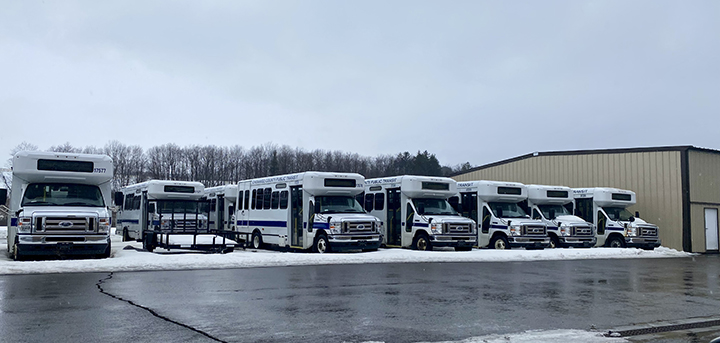Coalition on Marcellus: ‘Make things happen’
OXFORD – Oxford Land Group President Bryant LaTourette opened a recent educational forum on natural gas by encouraging the 200-plus audience of landowners to “make things happen” in the Marcellus Shale.
“Some people wonder what happened, some people see things happening and there are those who make things happen,” he said. “We’re here to make sure everybody wins and makes a top percentage of the production.”
The coalition, like many others in the Appalachian River Basin, formed last year shortly after it was revealed that the Marcellus held exponentially more natural gas than was previously known. Comprised of 350 landowners representing approximately 24,000 acres, its mission is to draw up and negotiate leases and easements that protect members’ interests and help them to achieve a fair bonus and royalty price.
Unlike in other parts of the New York where horizontal drilling into the Marcellus is on hold until state environmental regulations are clarified, drilling into at least four other lucrative formations here, and, in particular, procuring easements for a major pipeline, continue in full swing in Chenango County.
The Oxford Land Group’s typical easement, for example, would have five pages added in order to make it worthwhile for the landowner. “Many people are signing easements and leases without legal counsel, in part, because they can’t afford it. We are pushing for our lease to have Norse Energy pay our attorney’s fees,” said LaTourette.









Comments